Blog
Personal Workload Management: Your Key to a More Efficient Workplace
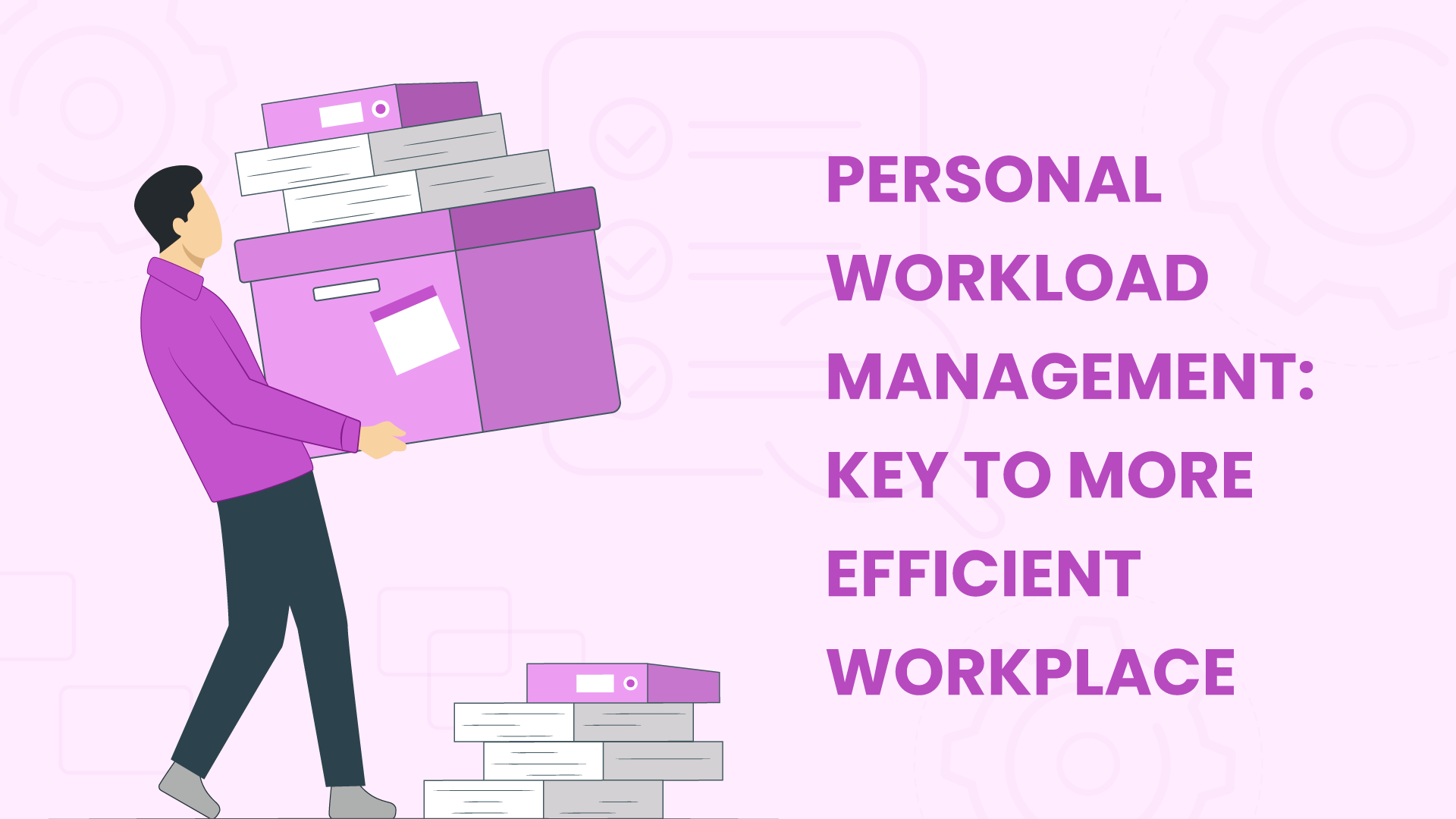
Personal workload management is fundamental to achieving productivity and success in today’s fast-paced world. It involves efficiently handling the tasks and responsibilities on your plate to ensure that you are not overwhelmed, use your resources wisely, and accomplish your goals.
This article will delve into the importance of personal workload management and provide tips for successful implementation, including how workload management tools support productivity. By the end, you will understand how to manage your personal workload effectively and experience its benefits in your work performance.
Definition of Personal Workload Management
Personal workload management can be defined as the strategic process of organizing, prioritizing, and allocating tasks, projects, and responsibilities to individuals to maximize efficiency and productivity in a professional context. It’s about juggling multiple commitments effectively without succumbing to stress and burnout.
Importance of Personal Workload Management
Personal workload management is crucial because it helps individuals achieve their work objectives while maintaining a healthy work-life balance. Without effective personal workload management, you risk becoming overwhelmed, missing deadlines, and compromising your overall performance.
Why Personal Workload Management is Needed
1) Overcoming Overwhelm
One of the most compelling reasons for implementing effective workload management is to overcome overwhelm. Here’s why it matters:
- Avoiding Burnout: When tasks pile up without a clear plan, individuals often feel overwhelmed, leading to burnout. Burnout can have serious physical and mental health consequences, making it crucial to prevent it.
- Improved Focus: Workload management allows individuals to break their workload into manageable segments. This, in turn, helps them focus on one task at a time, reducing the feeling of being swamped and making it easier to maintain concentration.
- Increased Confidence: Successfully managing workload cultivates a sense of achievement and confidence. When you consistently meet your goals, even in the face of a heavy workload, you build self-assurance in your abilities.
2) Enhancing Productivity
Productivity is another significant aspect of workload management that impacts personal and professional success:
- Efficient Task Execution: With workload management, you prioritize tasks based on their importance and deadlines. This means you tackle high-priority tasks first, ensuring your time and energy are spent on what truly matters.
- Time Optimization: By eliminating unnecessary or low-value tasks, workload management helps optimize your time. This results in increased productivity as you allocate your resources more effectively.
- Better Time Management: Effective workload management often involves creating task schedules or time blocks. This structured approach ensures that you use your time efficiently and accomplish more in less time.
3) Reducing Stress
Stress is pervasive in today’s fast-paced world, and poor workload management is a common contributor. Here’s how workload management reduces stress:
- Clear Priorities: Workload management encourages individuals to identify and prioritize tasks. Clear priorities reduce uncertainty and anxiety about not knowing where to start.
- Preventing Overload: Continuous exposure to an excessive workload can lead to chronic stress. Workload management helps prevent overload by distributing tasks more evenly and setting realistic expectations.
- Promoting Work-Life Balance: Stress often arises when work infiltrates personal life. You can create a healthier work-life balance by effectively managing your workload, allowing for relaxation and rejuvenation outside work hours.
4) Improved Decision-Making
Effective workload management also enhances decision-making skills:
- Clarity of Thought: You can think more clearly when your workload is organized and well-managed. This clarity enables you to make informed decisions without feeling rushed or pressured.
- Strategic Thinking: Workload management encourages individuals to align their tasks with overarching goals and objectives. This strategic thinking leads to better decision-making as tasks are evaluated in the context of broader priorities.
5) Work-Life Balance
Workload management can positively impact work-life balance in several ways:
- Quality Time for Personal Life: By efficiently managing your workload, you create space for personal life activities, hobbies, and relaxation. This balance contributes to a healthier and more fulfilling personal life.
- Reduced Overtime: Effective workload management often means completing tasks during regular working hours, reducing the need for excessive overtime. This allows you to spend more time with loved ones.
- Improved Health: A balanced workload reduces stress, which, in turn, has positive effects on physical and mental health. Good health is essential for maintaining a satisfying work and personal life.
Key Components of Workload Management
To successfully manage your workload, you need to understand its key components:
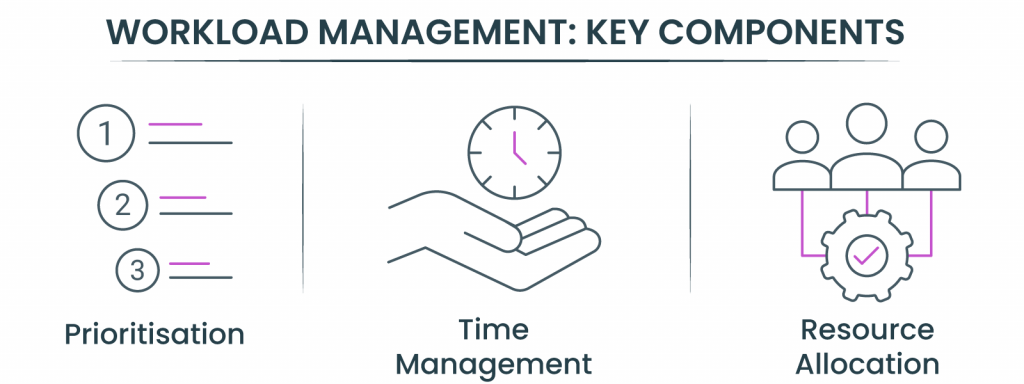
Prioritization
Prioritization involves identifying which tasks are most important and need immediate attention. It helps you allocate your time and resources wisely.
Time Management
Time management is about utilizing your time efficiently. It includes techniques like time blocking and setting specific time limits for tasks.
Resource Allocation
Resource allocation involves assigning the right people and resources to the tasks and projects. It ensures that you have the necessary tools and manpower to get the job done.
Steps to Successful Workload Management
Effective personal workload management is essential for maintaining productivity, reducing stress, and achieving goals. It involves a series of strategic steps that allow you to organize, prioritize, and execute tasks efficiently. By following a structured approach, you can ensure that you make the most of your time and resources. Here are the key steps to successful personal workload management:

Setting Clear Goals: Clear goals provide direction and purpose in your work. They serve as a North Star, helping you understand what needs to be achieved and creating a roadmap.

Creating a Task List: A well-organized task list is the foundation of effective personal workload management. It acts as a visual guide to all your responsibilities, ensuring that nothing important gets overlooked or forgotten.

Prioritizing Tasks: Not all tasks are created equal. Prioritization is identifying which tasks are most critical and need immediate attention. It allows you to focus your efforts on the most important items first.

Allocating Resources: Adequate resource allocation is crucial for success. It involves assigning the right people, tools, and funds to tasks and projects according to their requirements, ensuring optimal utilization.

Time Blocking: Time blocking allows you to allocate specific time slots for different tasks. This approach minimizes distractions, prevents multitasking, and lets you concentrate fully on the task.

Monitoring Progress: Regularly tracking your progress is essential to ensure you’re on the right track to meet your goals. It allows you to evaluate your plan’s effectiveness and adjust as needed.
By following these steps, you can streamline your workload management process, increase efficiency, and maintain a clear sense of direction in your work. These practices enhance your productivity and contribute to a healthier work-life balance.
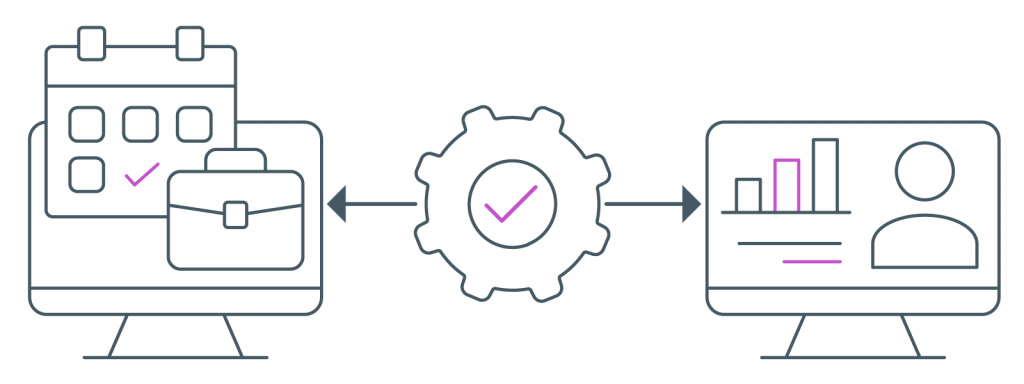
Personal Workload Management Tools
Various software and tools are available to aid in personal workload management. These tools can help streamline your processes and enhance efficiency.
Popular Personal Workload Management Software
Popular personal workload management software, such as Cerri solutions, provide unique features to cater to different needs. These include task scheduling and prioritization, automatic notifications, timesheets, as well as tracking workload and progress, amongst others.
How to Choose the Right Tool
Selecting the right personal workload management tool depends on your requirements and budget. Research and try different options to find the one that suits you best.
Challenges in Workload Management
Workload management is a critical aspect of professional life, but it often comes with various challenges that impede productivity and well-being. Here, we’ll explore some common obstacles in workload management and strategies to overcome them:
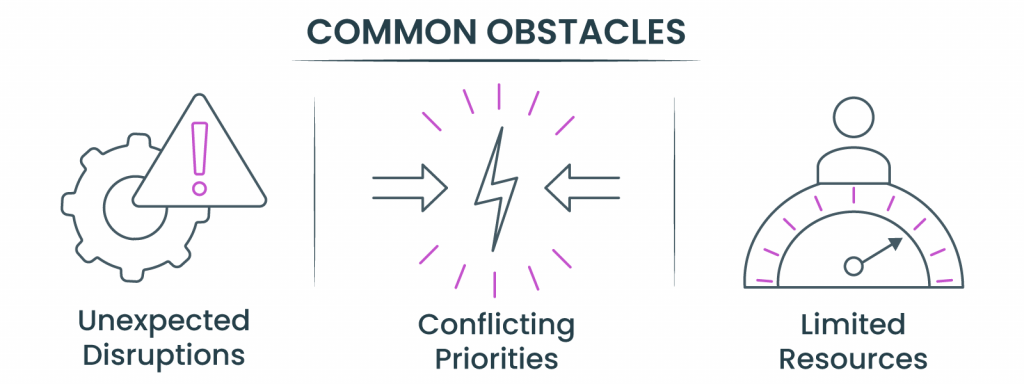
Common Obstacles:
- Unexpected Disruptions: Workloads are rarely static. Unexpected disruptions like urgent tasks, last-minute requests, or technical issues can delay your planned schedule and priorities.
- Conflicting Priorities: Balancing multiple tasks and projects with conflicting deadlines or competing demands can be overwhelming. It’s challenging to decide which tasks to prioritize when everything seems important.
- Limited Resources: Insufficient resources, such as a shortage of team members, budget constraints, or inadequate tools, can hinder your ability to complete tasks efficiently.
Strategies to Overcome Challenges:
- Contingency Planning: Anticipate disruptions by building contingency plans. Allocate extra time in your schedule for unforeseen tasks or emergencies. This way, you can adapt without derailing your entire workload.
- Effective Communication: Open and transparent communication is essential. Discuss workload expectations and potential conflicts with colleagues or supervisors. Collaboratively find solutions, delegate tasks when possible, and negotiate realistic deadlines.
- Continuous Improvement: Regularly assess your workload management strategies. Identify areas for improvement and refine your approach. Utilize feedback and lessons learned from past challenges to optimize your workflow.
- Time Management Techniques: Employ time management techniques like time blocking and the Pomodoro technique to enhance your productivity. These methods help you allocate focused time for tasks and maintain a balanced work pace.
- Task Delegation: Don’t hesitate to delegate tasks to colleagues or team members when appropriate. Delegation can alleviate your workload, leverage others’ expertise, and ensure tasks are completed efficiently.
- Technology and Tools: Invest in productivity tools and technology that can streamline your workload management. Project management software, task trackers, and collaboration platforms can help you stay organized and informed.
- Self-Care: prioritize self-care to manage stress and maintain your well-being. Regular breaks, physical activity, and relaxation techniques can boost your resilience and productivity.
- Learning to Say No: Sometimes, you must decline additional tasks or responsibilities that overload your plate. Learn to assertively say no when you genuinely can’t take on more work without compromising quality or well-being.
By proactively addressing and implementing these challenges, you can enhance your workload management skills, navigate obstacles more effectively, and maintain a healthier work-life balance.
Tips for Workload Management Success
Avoiding Multitasking
Multitasking can lead to reduced productivity and increased stress. Focus on one task at a time for better results.
Learning to Delegate
Delegating tasks to team members or colleagues can lighten your workload and improve overall efficiency.
Taking Breaks
Regular breaks help refresh your mind and prevent burnout. Don’t underestimate the power of short pauses during the day.
Measuring Workload Management Success
Key Performance Indicators (KPIs)
Key performance indicators can help you assess your workload management success. They may include task completion rates, time spent on essential tasks, and overall satisfaction levels.
Evaluating Progress
Regularly evaluate your workload management strategies to identify areas for improvement and ensure you stay on the path to success.
Workload Management in Various Fields
Personal workload management is applicable in various fields, including business, education, and healthcare. Each sector has its unique challenges and benefits regarding personal workload management.
Conclusion
In conclusion, effective personal workload management is the key to achieving success and maintaining a healthy work-life balance. By understanding the principles and implementing the strategies outlined in this article, you can take control of your personal workload, reduce stress, and enhance your overall work performance.






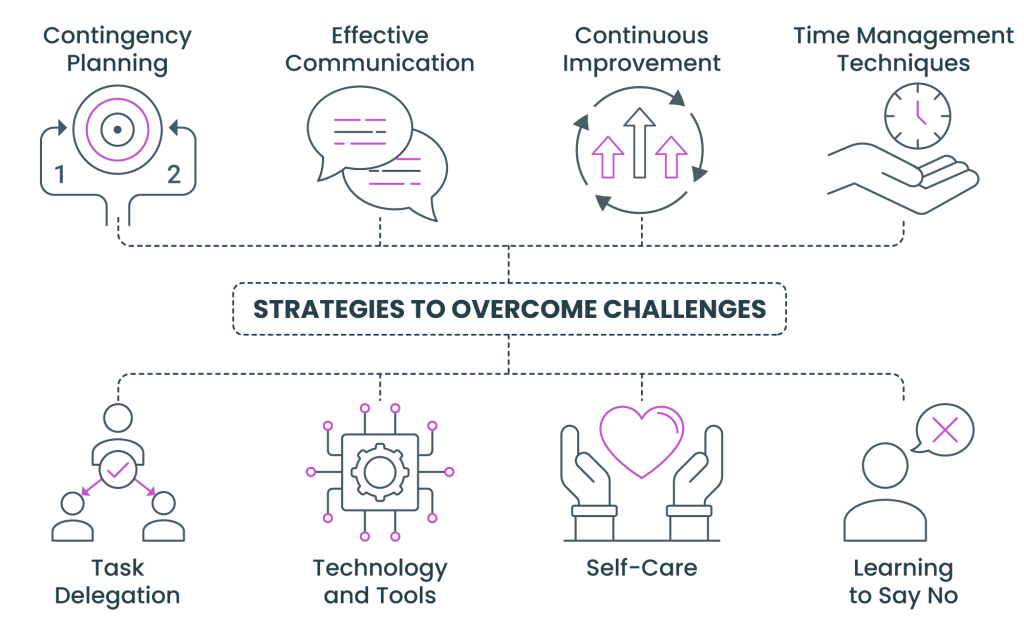





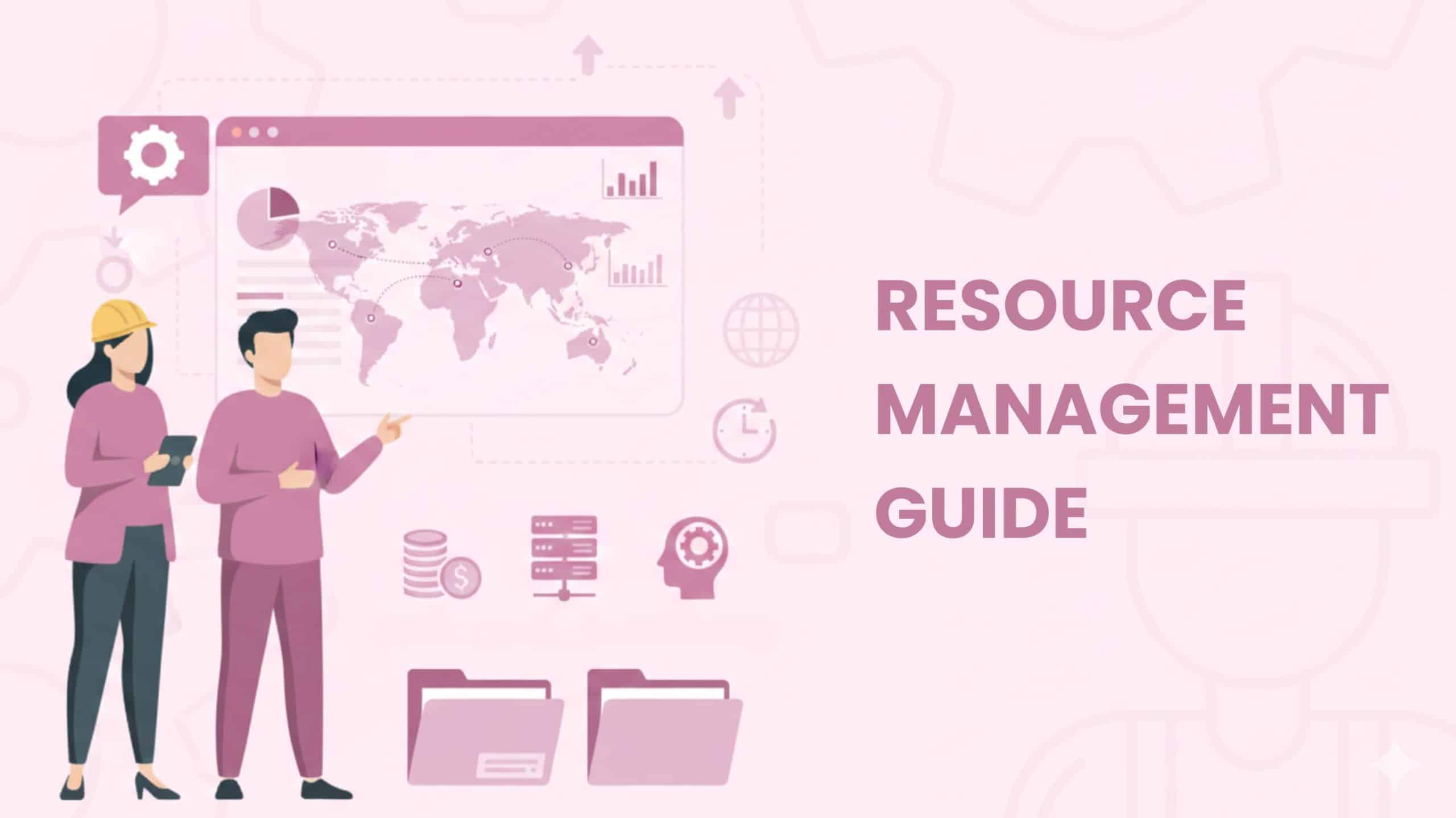
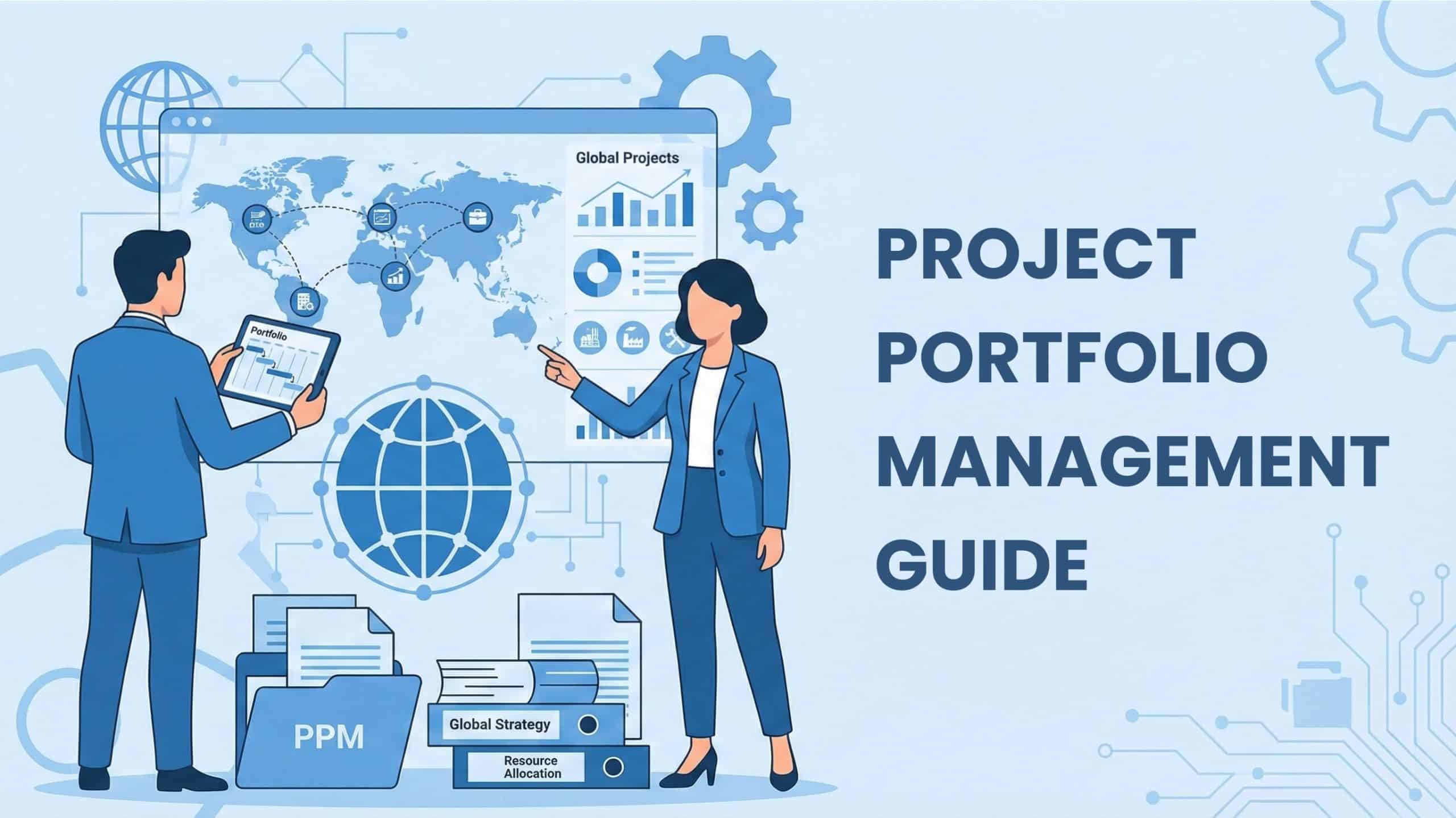




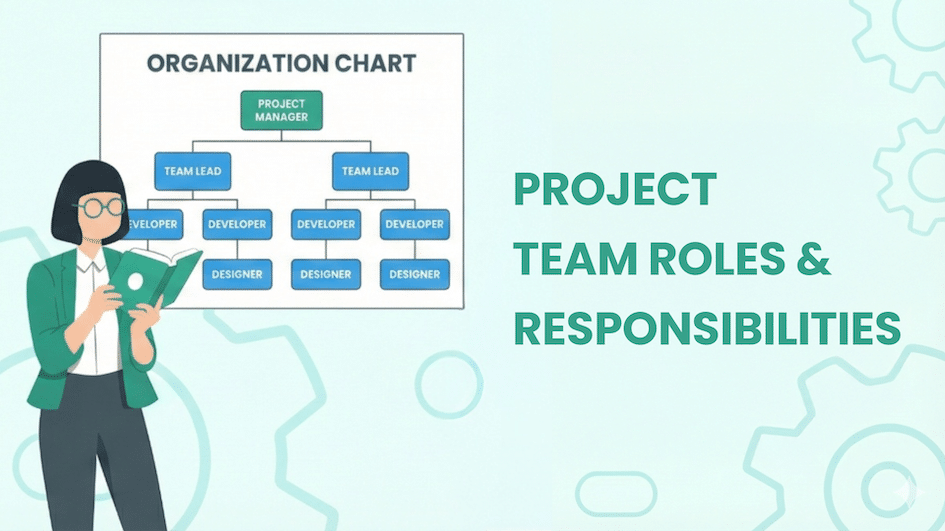







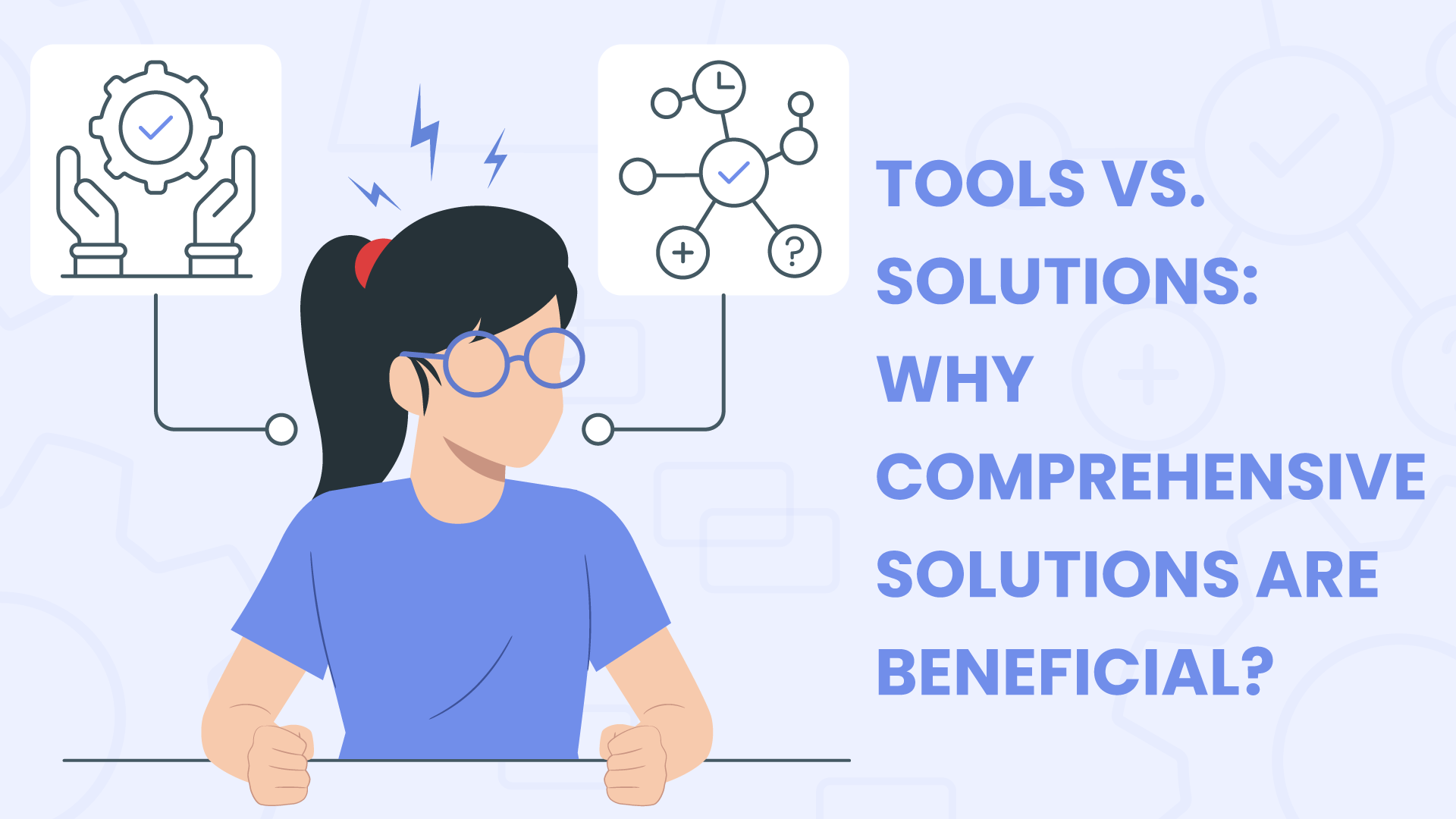




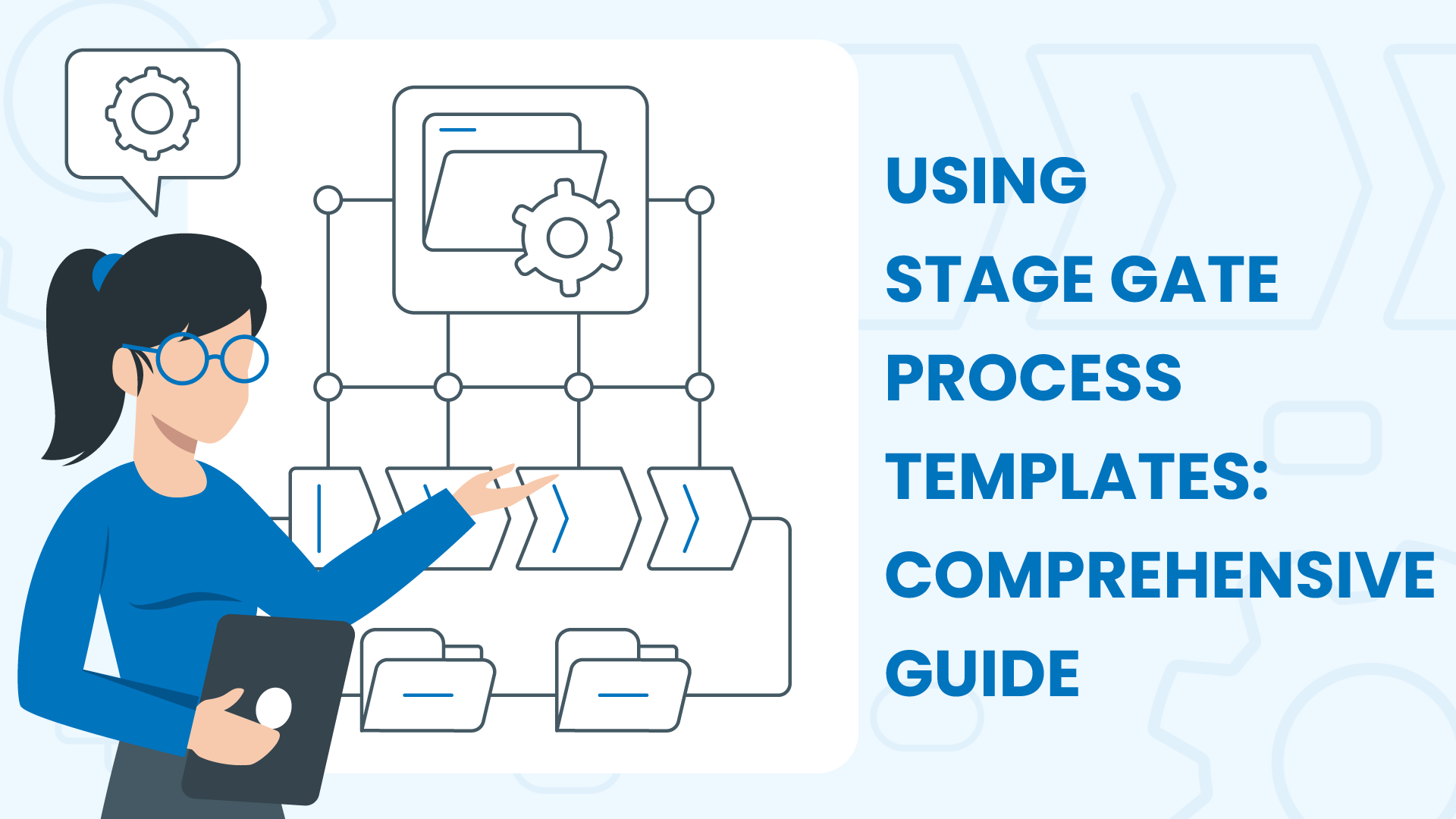




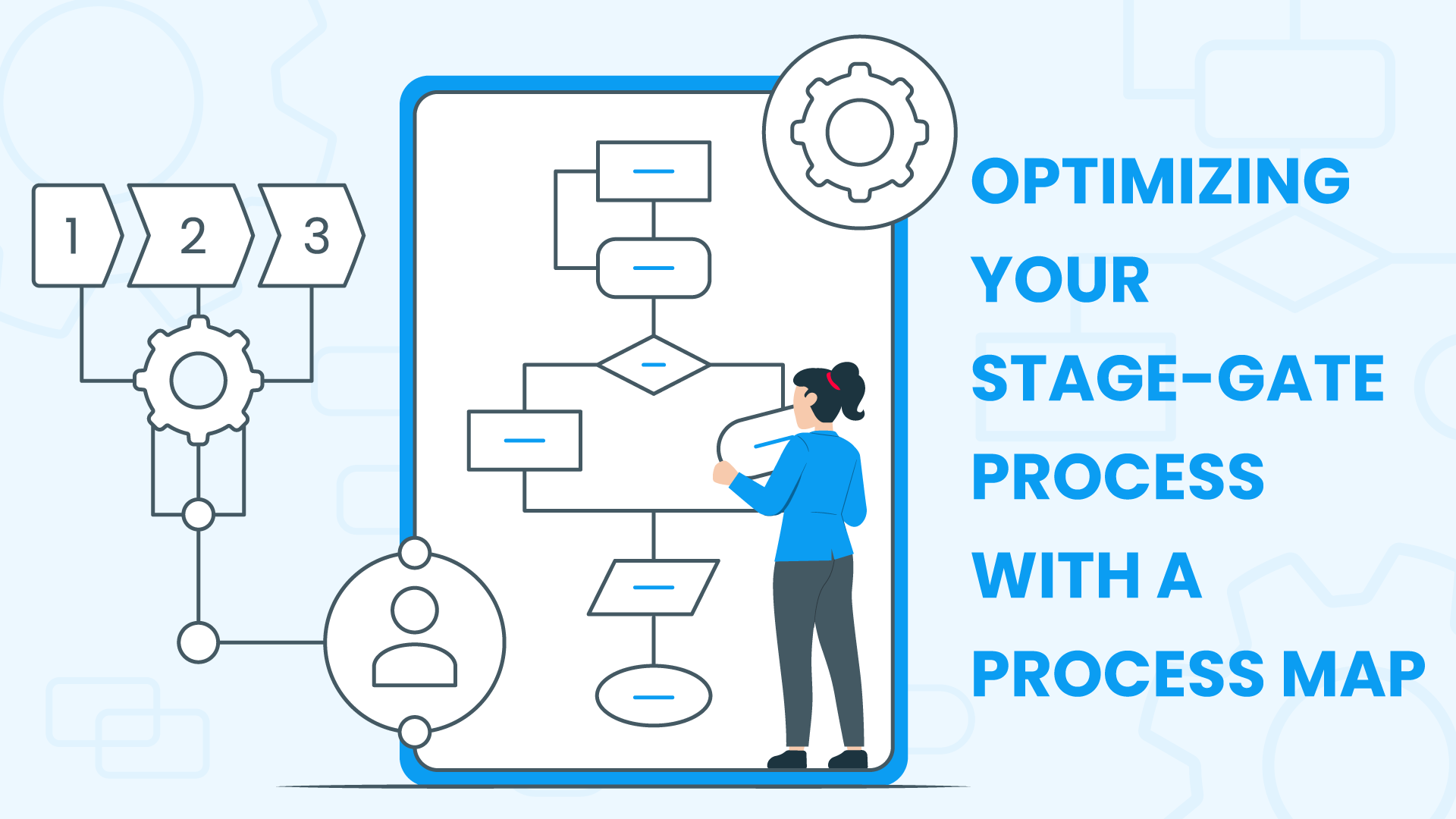




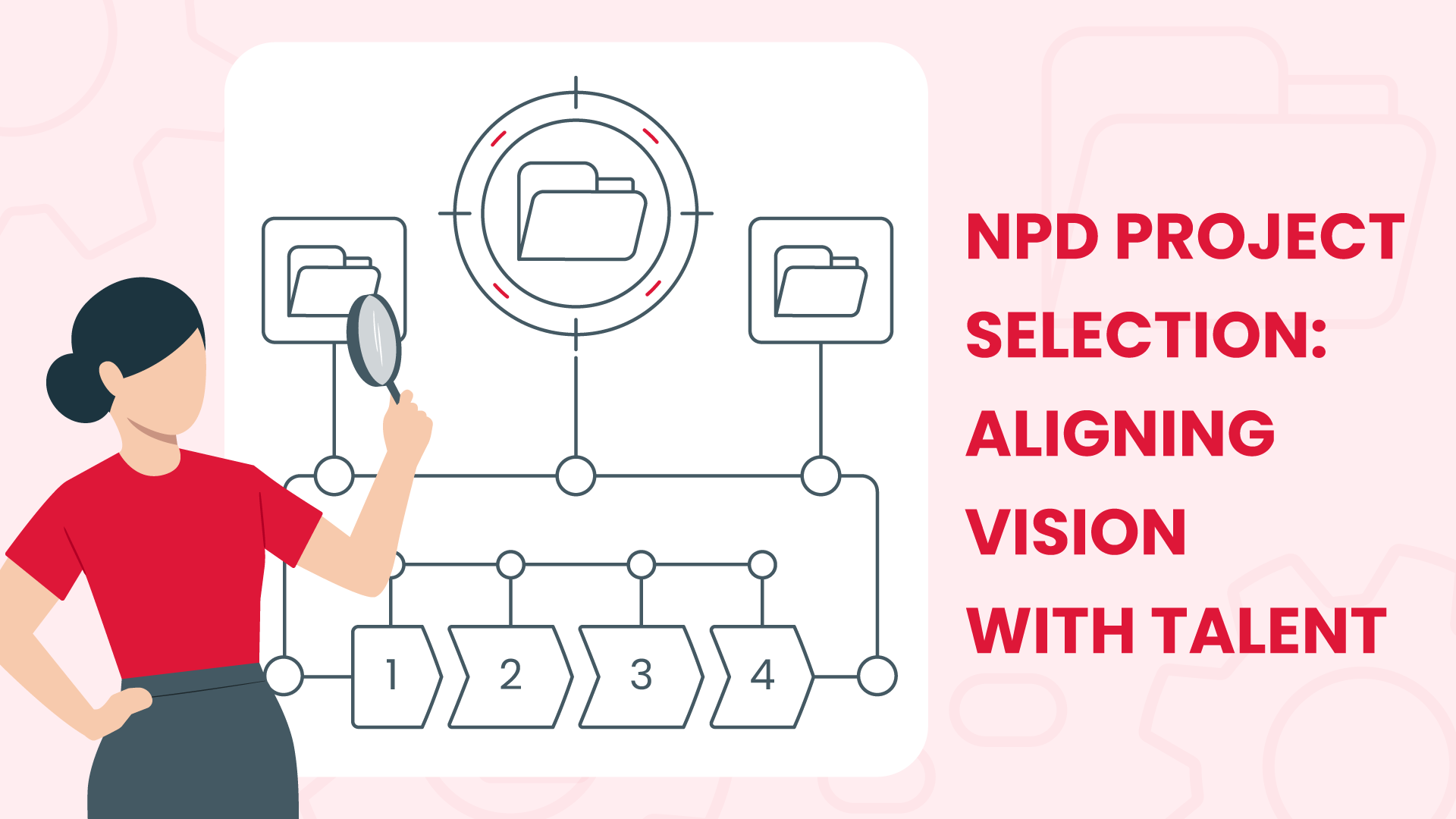






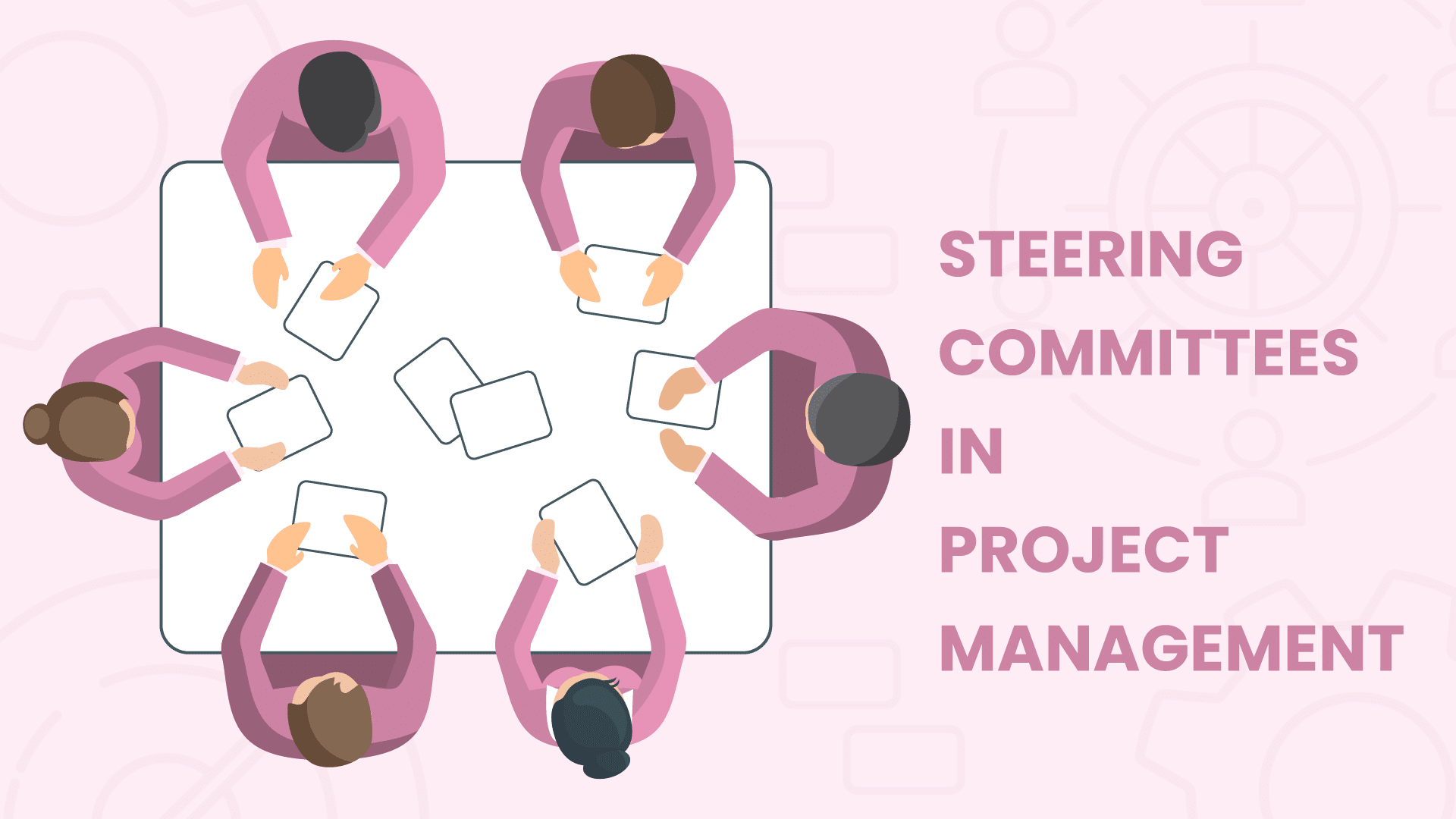







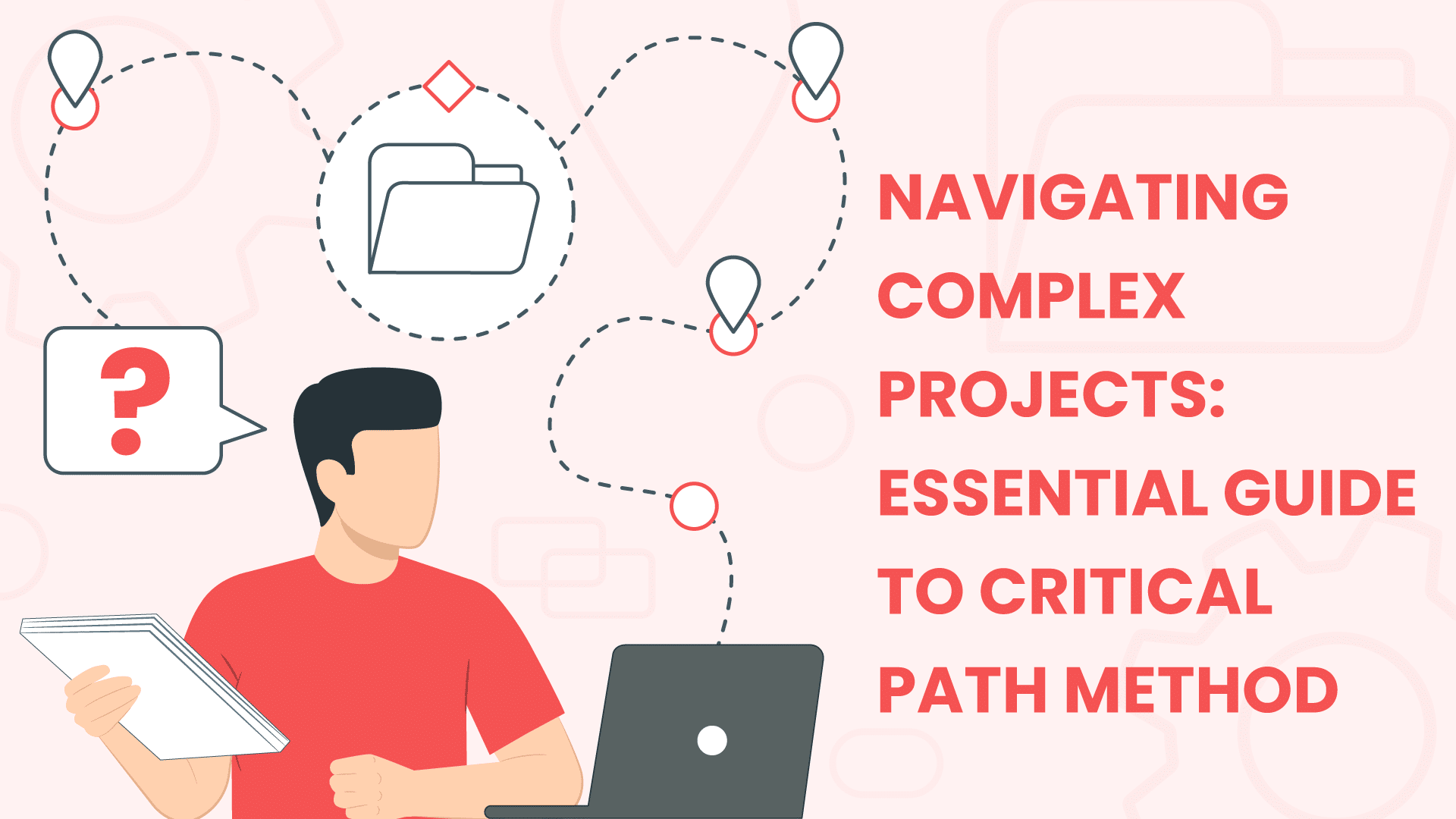






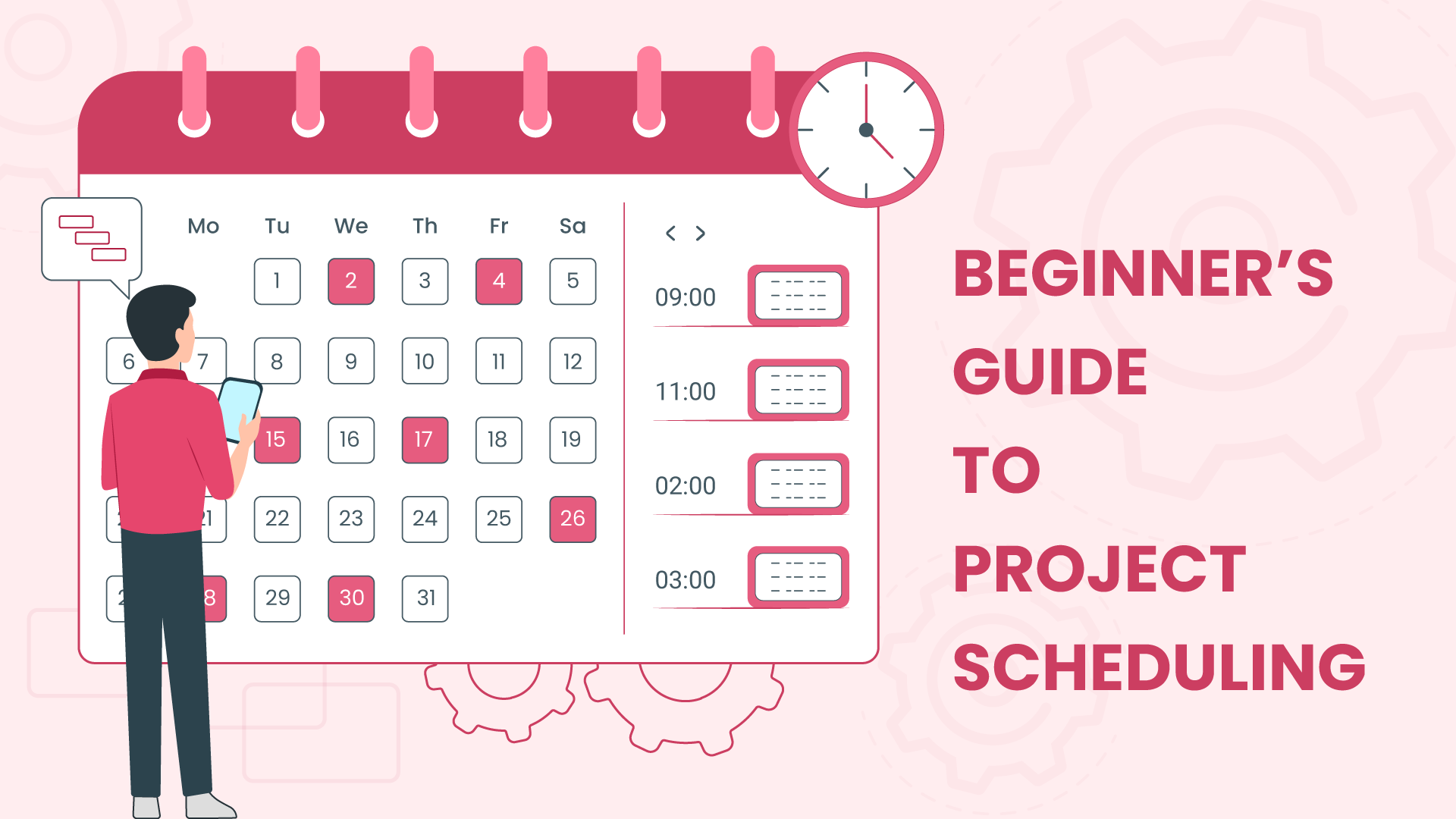
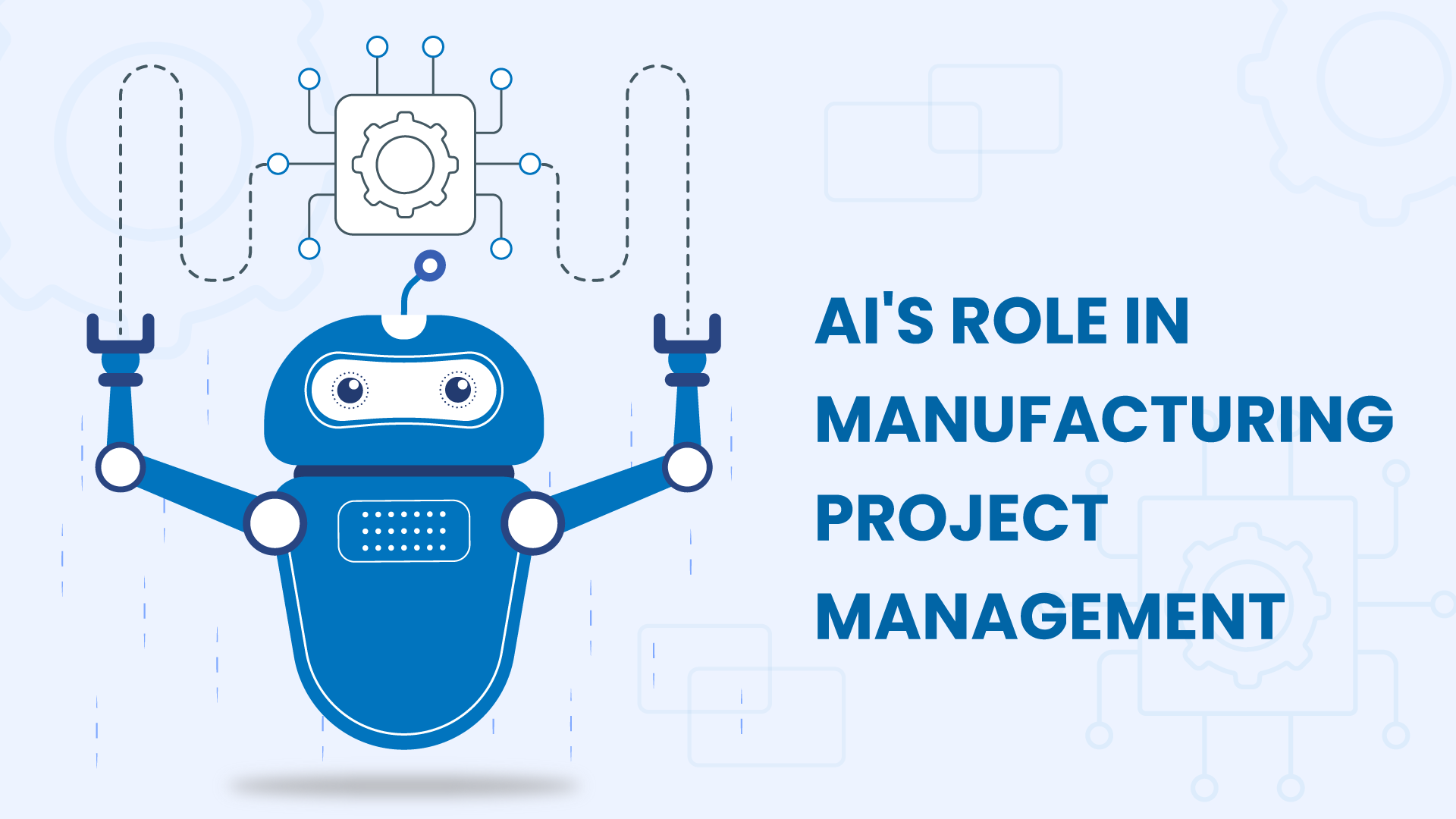

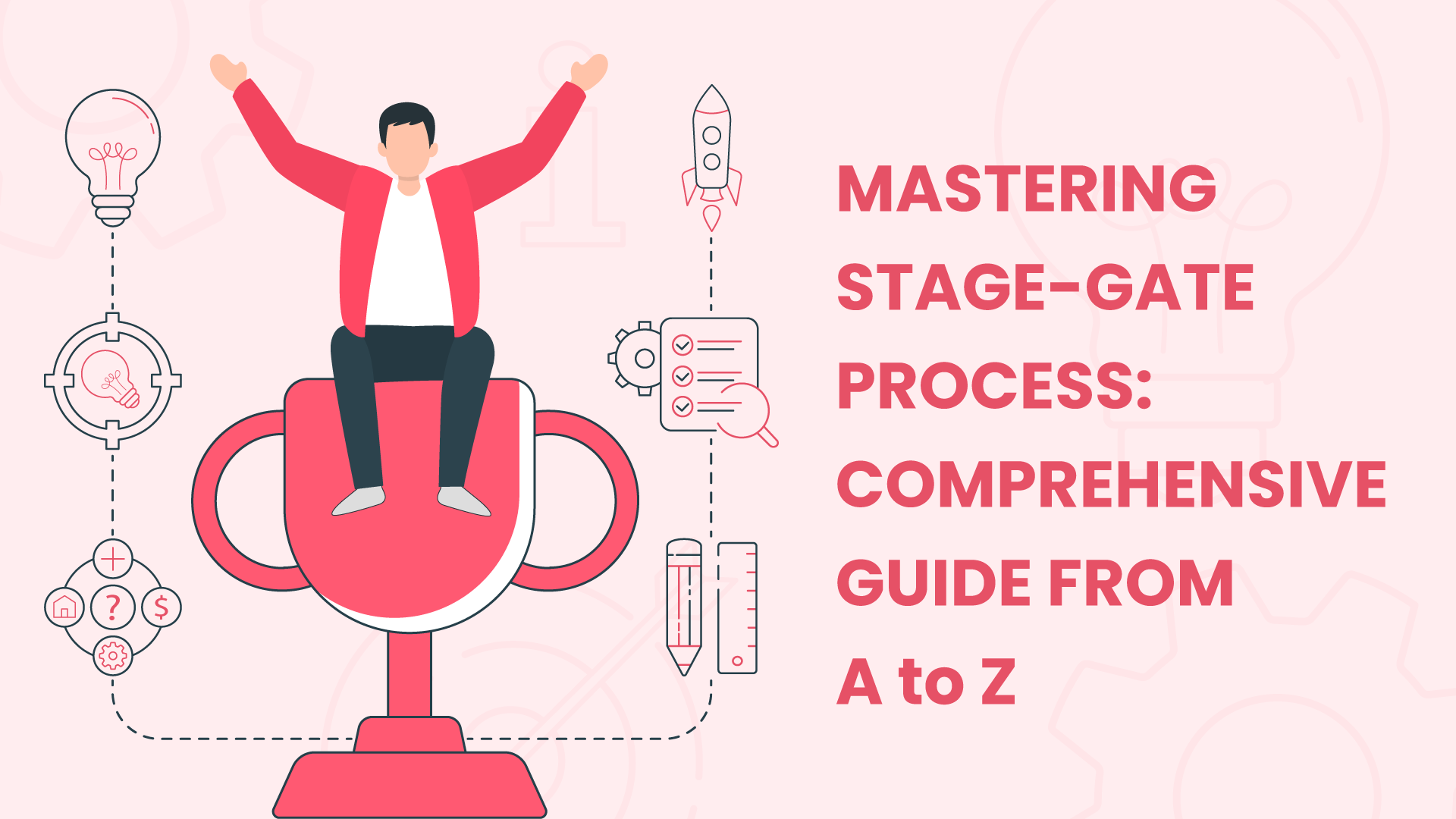







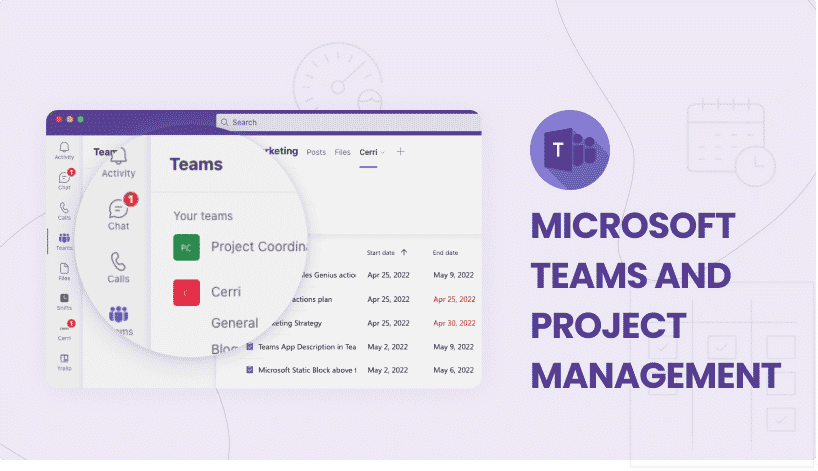






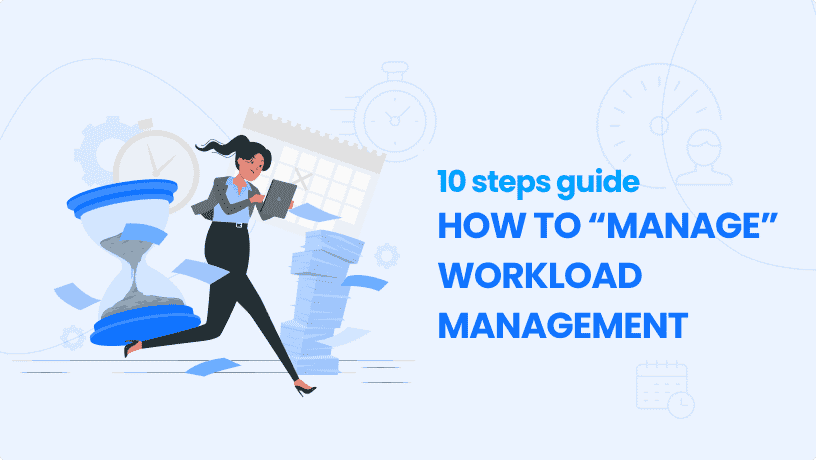






 Task Management
Task Management 




















 Customization
Customization
